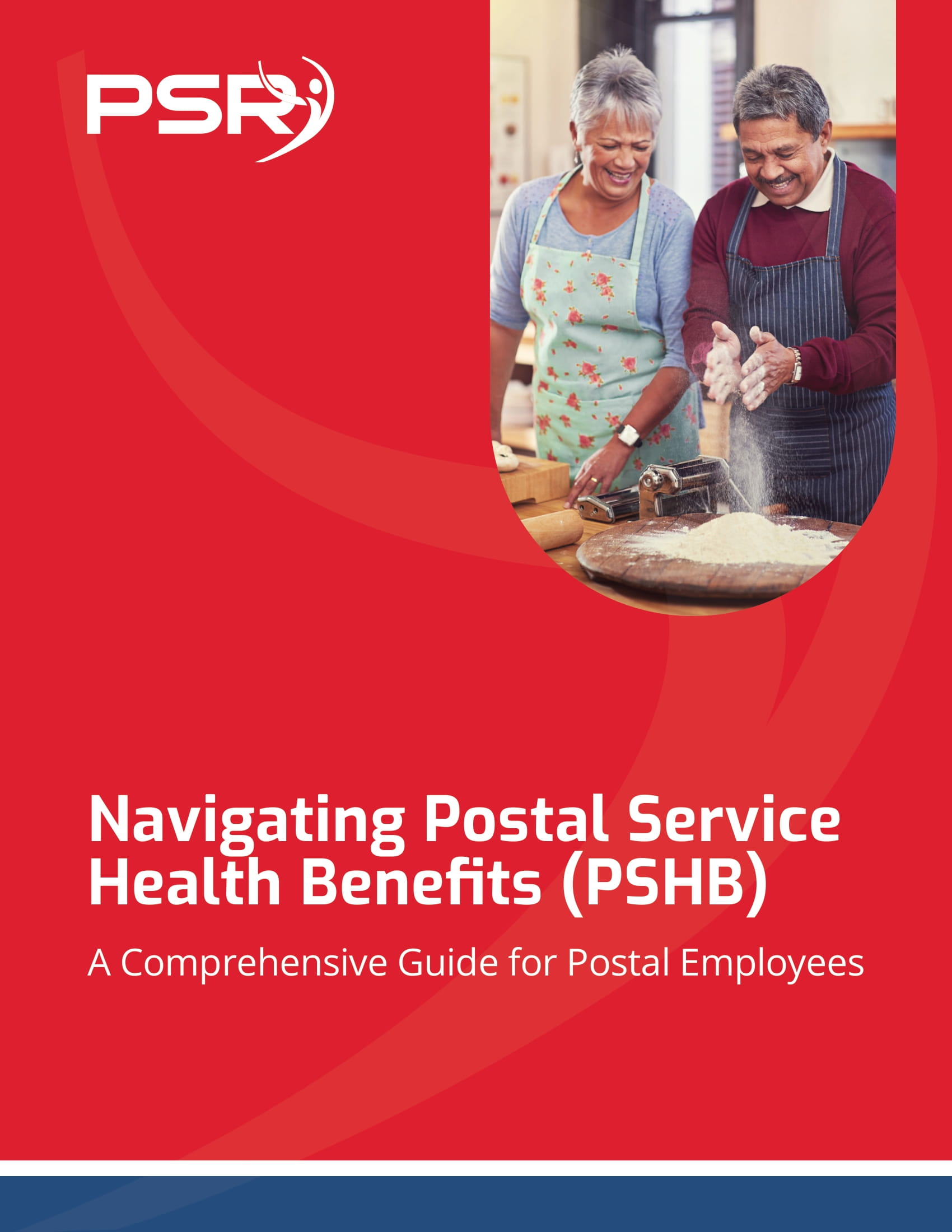 Federal employees that are a part of the Federal Employees Retirement System (FERS) are eligible for both Social Security and for Thrift Savings Plan (TSP) employer matching – therefor these employees have quite a number of things to think about as they prepare for retirement. Preparing for retirement doesn’t happen when you turn 55, 65 or beyond, but as early in one’s work career as possible and it should continue throughout the employee’s career and then into retirement.
Federal employees that are a part of the Federal Employees Retirement System (FERS) are eligible for both Social Security and for Thrift Savings Plan (TSP) employer matching – therefor these employees have quite a number of things to think about as they prepare for retirement. Preparing for retirement doesn’t happen when you turn 55, 65 or beyond, but as early in one’s work career as possible and it should continue throughout the employee’s career and then into retirement.
FERS
- Also Read: Divorce and Your Federal Pension—What Happens When You Split Assets and How It Could Affect Your TSP
- Also Read: What Happens to Your Federal Benefits After Divorce? Here’s the Lowdown
- Also Read: The Best FEHB Plans for 2025: Which One Fits Your Lifestyle and Budget the Best?
However, becoming eligible to receive the Social Security benefit at age 62 must be carefully analyzed. Whether your Social Security is a part of your retirement system or not, evaluate your situation carefully to make sure you are maximizing your benefits in retirement to fit your needs.
While Social Security benefits might look like a good approach to increasing the amount of income you are working with, you might find out in the long-term that you have deprived yourself of a considerable amount of money by collecting your Social Security too soon. The longer you wait to collect your Social Security the greater the financial benefit will be.
Normal retirement age is 66 if you are born between 1943 and 1954 with age eligibility gradually increasing for each year thereafter. If you delay receiving your Social Security between 62 and 70, with each year your benefit will increase by 6 to 8 percent. So if you can wait you will probably be better off financially. However nobody is in a better position to make that decision than you and obviously how much you have saved in your TSP will have an impact on how early you are forced to begin your Social Security benefits.
Also, even if your life expectation indicates that you may not live to be well into your golden years, you might want to give consideration to the spouse you might leave behind and attempt to maximize your Social Security benefits based on both of your life expectancies. If you are the higher wage earner, your spouse may have the option of taking your Social Security benefit in lieu of their own to realize the greater benefit.
MAXIMIZING YOUR TSP AND RETIREMENT BENEFITS
Managing your TSP to maximize your retirement is where you have to do the work. By making the maximum contribution to your TSP.gov account, you will be able to live in comfort and security. If you fail to make your TSP work for you, potentially the largest part of your retirement benefit, you may have to live in your retirement years on somebody else’s terms and not your own.
Just do your homework. Ask loads of questions so that you can make the best decision for your life and retire well with no regrets.
P. S. Always Remember to Share What You Know.










